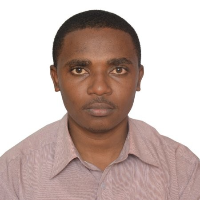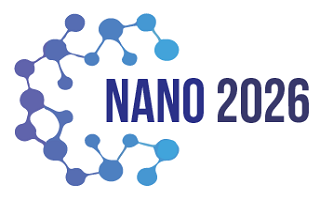3rd World Congress on
Nanotechnology
October 29-30, 2026 | Berlin, Germany

Nano 2026

Adolphe Merkle Institute, Switzerland
Abstract:
β-carotene (βC) is a carotenoid, a precursor of vitamin A, and has antioxidant activity. Its utilization as a functional ingredient is limited due to its poor water solubility, chemical instability, and low bioavailability. βC has been encapsulated in different nanocarriers, including liposomes, emulsions, or nanocapsules, to protect and deliver it. However, limited studies have been dedicated to characterising these nanocarriers within food matrices following gastrointestinal digestion to demonstrate whether the advantages of nanoencapsulation could be achieved. Herein, we fabricate and thoroughly characterise poly(lactic-co-glycolic acid) PLGA nanoparticles (NPs) and liposomes loaded with βC in a simulated food matrix upon exposure to simulated gastrointestinal fluid using well-established Nano techniques. Depending on the extinction of the carrier system within the complex medium, dynamic light scattering (DLS), Taylor dispersion analysis (TDA), nanoparticle tracking analysis (NTA), and transmission electron microscopy techniques were used to characterise the size (distribution) and shape of these nanocarriers in the simulated intestinal and gastric fluids. Our HPLC results show that PLGA NPs have high incorporation efficiency with high βC preservation upon long-time storage compared to liposomes. However, βC release studies from liposomes were faster (85% after 36 h) than PLGA NPs (25% for 168 h) within simulated gastrointestinal fluids. Furthermore, TDA has better resolved the size of the NPs incubated in a complex medium than conventional light scattering techniques such as DLS or NTA. These results will provide information on proper techniques for the characterisation of NPs in complex mediums necessary to evaluate the bioavailability of encapsulated bioactive compounds.
Biography:
Roman M. Fortunatus is a
PhD student at the Adolphe Merkle Institute, University of Fribourg, with
research focused on improving the bioavailability of β-carotene
using nanotechnology techniques. He obtained his MSc in food science and human
nutrition at the University of Florida in 2014. Roman is also an assistant
lecturer at the University of Dar es Salaam, where his renowned research on
food analysis, food product development, and consumer preferences has been
published in peer-reviewed journals.
